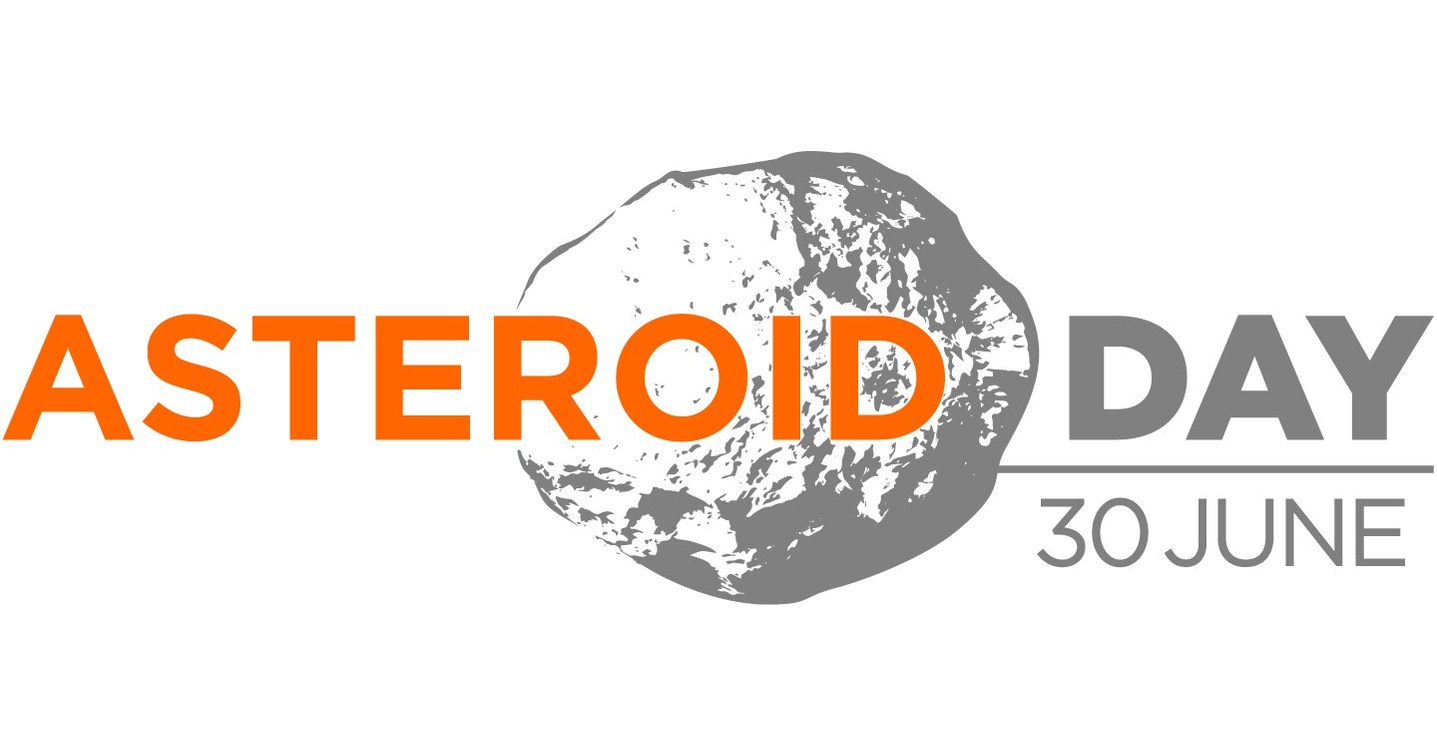In recent years, astronomers have been bringing small but beautiful samples of asteroids to Earth. Despite their size, analysis shows they are an invaluable link between the meteorite collections on Earth and the wider population of asteroids, unlocking the history of our solar system and giving clues to the future of space exploration.
There are some 50,000 meteorites in museums, universities and other research institutions around the world. Each one is a chip of an asteroid. By sampling a few carefully chosen asteroids in space, researchers can now begin linking meteorites on Earth to these asteroids.
A foretaste of this technique was given by the dust fragments returned from the stony asteroid Itokawa by the Japanese mission Hayabusa in 2011. Most recently, the Hayabusa 2 mission landed samples from carbonaceous asteroid Ryugu in Australia in December 2020. Meanwhile NASA's OSIRIS-Rex is currently en route back to Earth with samples of Bennu, another ancient carbonaceous asteroid. Those samples are due to arrive next year.
The meteorites also serve as a reminder that occasionally larger chunks of rock don't just fall to Earth but impact us. The Chelyabinsk meteor, which tore through the skies over Russia on 15 February 2013, was a sobering reminder. It damaged buildings, caused injury, and scattered meteorites over a large area.
Space agencies now take asteroid research extremely seriously. In March 2022, NASA will launch the Near Earth Asteroid Scout mission that will use a solar sail to encounter an asteroid just 20 metres across. In August, NASA will launch Psyche to an asteroid thought to be composed of mostly metal instead of rock. In September, NASA's DART mission will impact asteroid Dimorphos to test asteroid deflection techniques. Also, this year ESA will also begin building its Hera spacecraft that will survey the aftermath of the DART deflection test.
Asteroid Day LIVE will be hosted on June 30th and will include interviews and will take our viewers behind the scenes and into laboratories, university departments and space agencies from around the world to highlight the vibrant science and technology that is occurring. In addition guests can attend the Asteroid Technical Briefing on June 29th, Gala Dinner on June 30th and Astronaut Meet & Greet on July 2nd.
In the lead up to June 30th, Asteroid Foundation will be hosting live Space Connects Us events every last Thursday of each month alongside their global partners. Kicking off the series will be scientists dubbed "Asteroid Killers". Co-hosted by ESA, the live event will take place Thursday, February 24th at 19:00 CET/13:00 ET and will include speakers from both ESA and NASA. Audiences will learn how and why asteroids move on and off the high-risk lists and how the two agencies work together to accurately predict asteroid impacts. Viewers can tune-in to the free virtual event via www.asteroidday.org/watch, YouTube, Twitch, ESA Web TV and get updates on Facebook.
About Asteroid Day:
Asteroid Day is held on 30 June each year to mark the date of Earth's largest asteroid impact in recorded history, the Siberia Tunguska event. Asteroid Day was co-founded by astrophysicist and famed musician Dr Brian May of the rock group Queen, Apollo 9 astronaut Rusty Schweickart, filmmaker Grig Richters, and B612 President Danica Remy, to educate the public about the importance of asteroids in our history and the role they play in the solar system. In 2016, with the leadership of the Association of Space Explorers (ASE), the United Nations declared Asteroid Day to be a global day of education to raise awareness and promote knowledge in the general public about asteroids. Major events in past years have taken place in London, San Francisco, Washington, DC, Tanzania, Milan and Rimini, Italy; Garching, Germany; and Rio de Janeiro, Brazil; in addition to thousands of events worldwide. Over the past eight years, Asteroid Day has evolved to include the participation of major space organizations such as ESA, NASA, JAXA, Roscosmos and ISRO, as well as prominent scientists, astronomers, educators and media worldwide. Asteroid Day is a programme of the Luxembourg-based nonprofit Asteroid Foundation.
About Asteroid Foundation:
Asteroid Foundation was formed in 2017 with a mission to promote worldwide awareness of asteroid opportunities and challenges, and the emerging space economy. The Asteroid Foundation undertakes programmes and activities to support scientists, engineers and students around the world providing free educational tools, newsletters, original articles and resources year round. Annually, the Foundation organizes events surrounding International Asteroid Day, a United Nations recognized day of education and awareness observed on 30 June. Visit their Flickr account to see pictures from previous events. Learn more at asteroidfoundation.org
SOURCE Asteroid Foundation

No comments:
Post a Comment